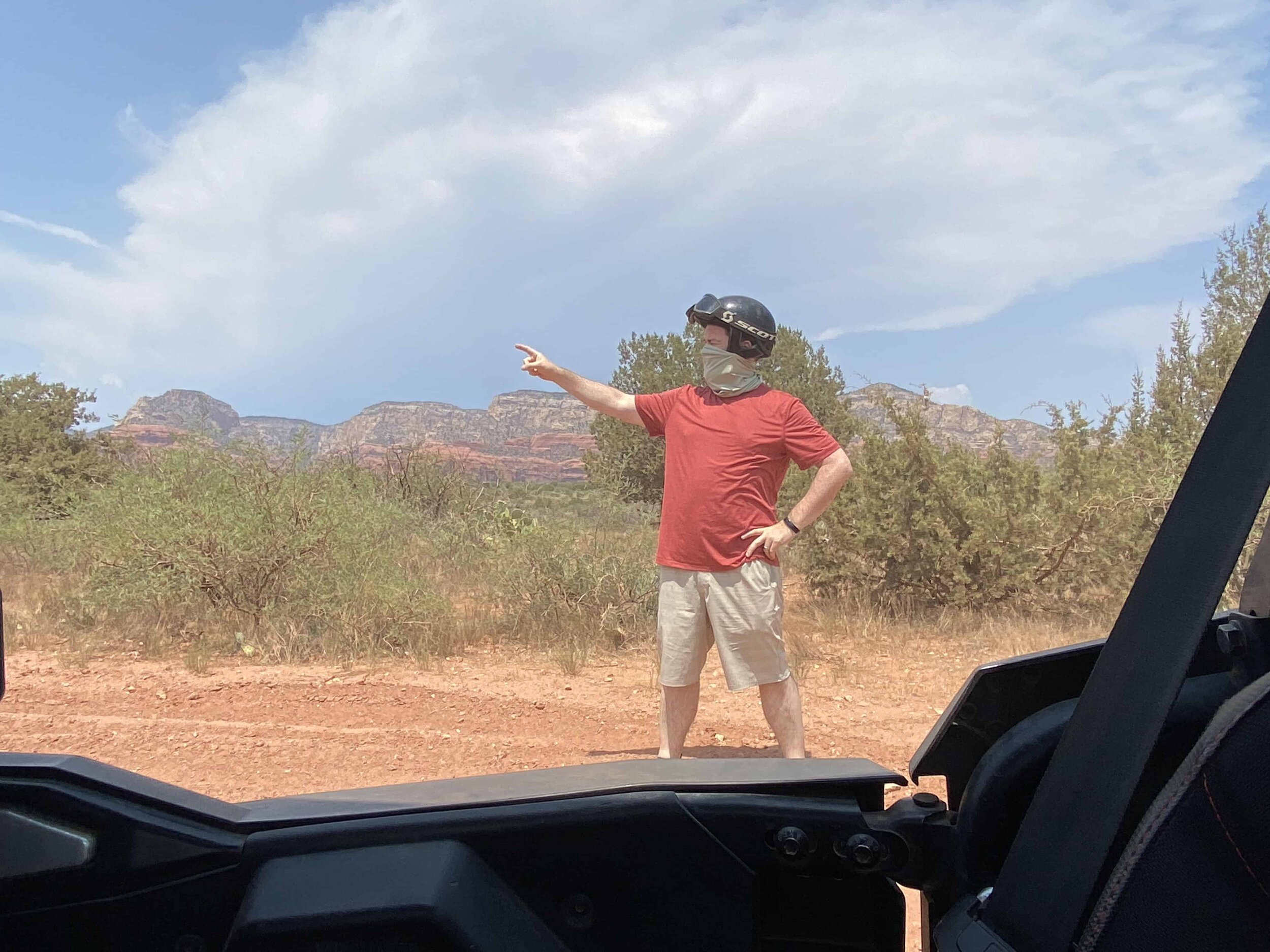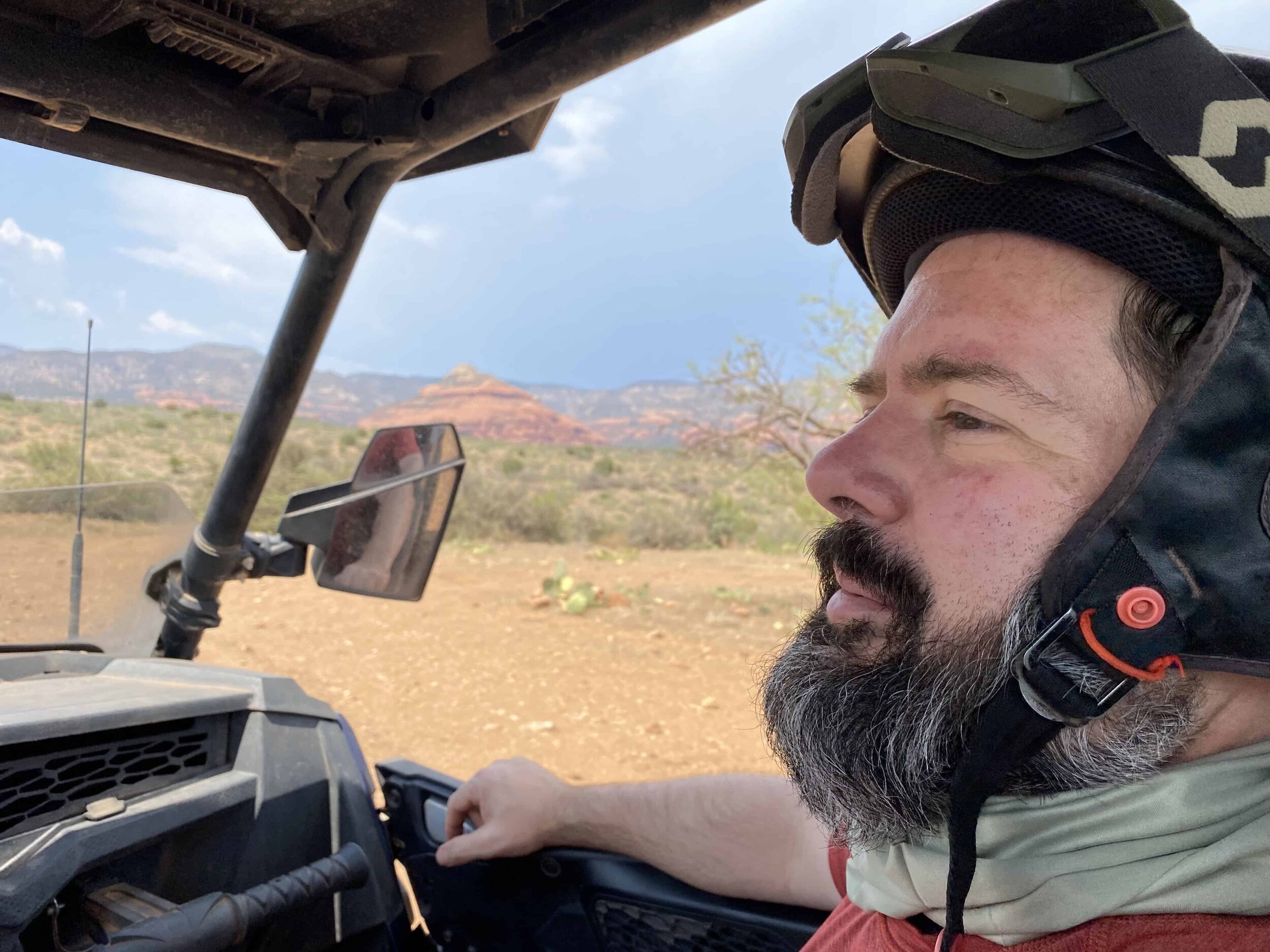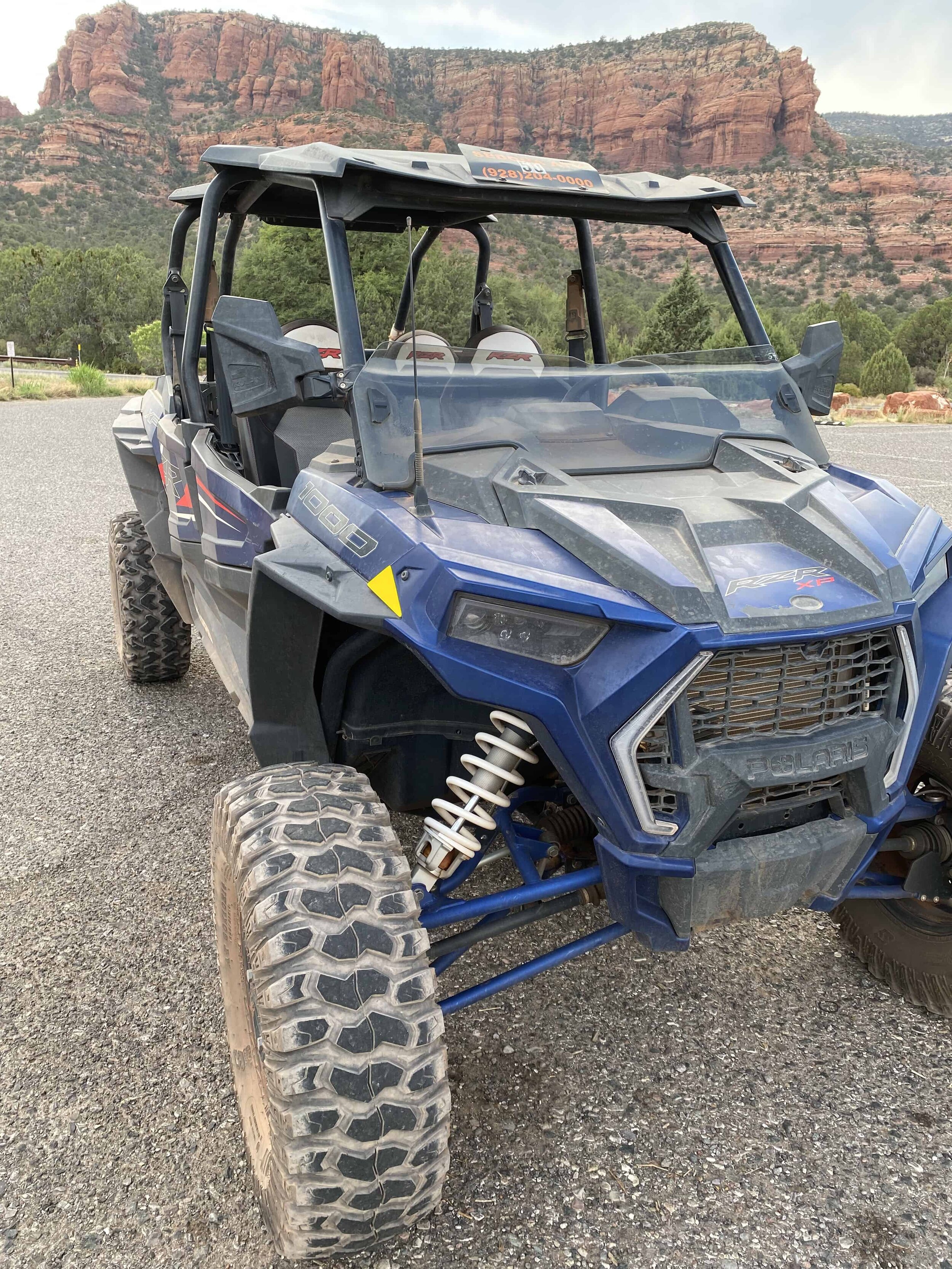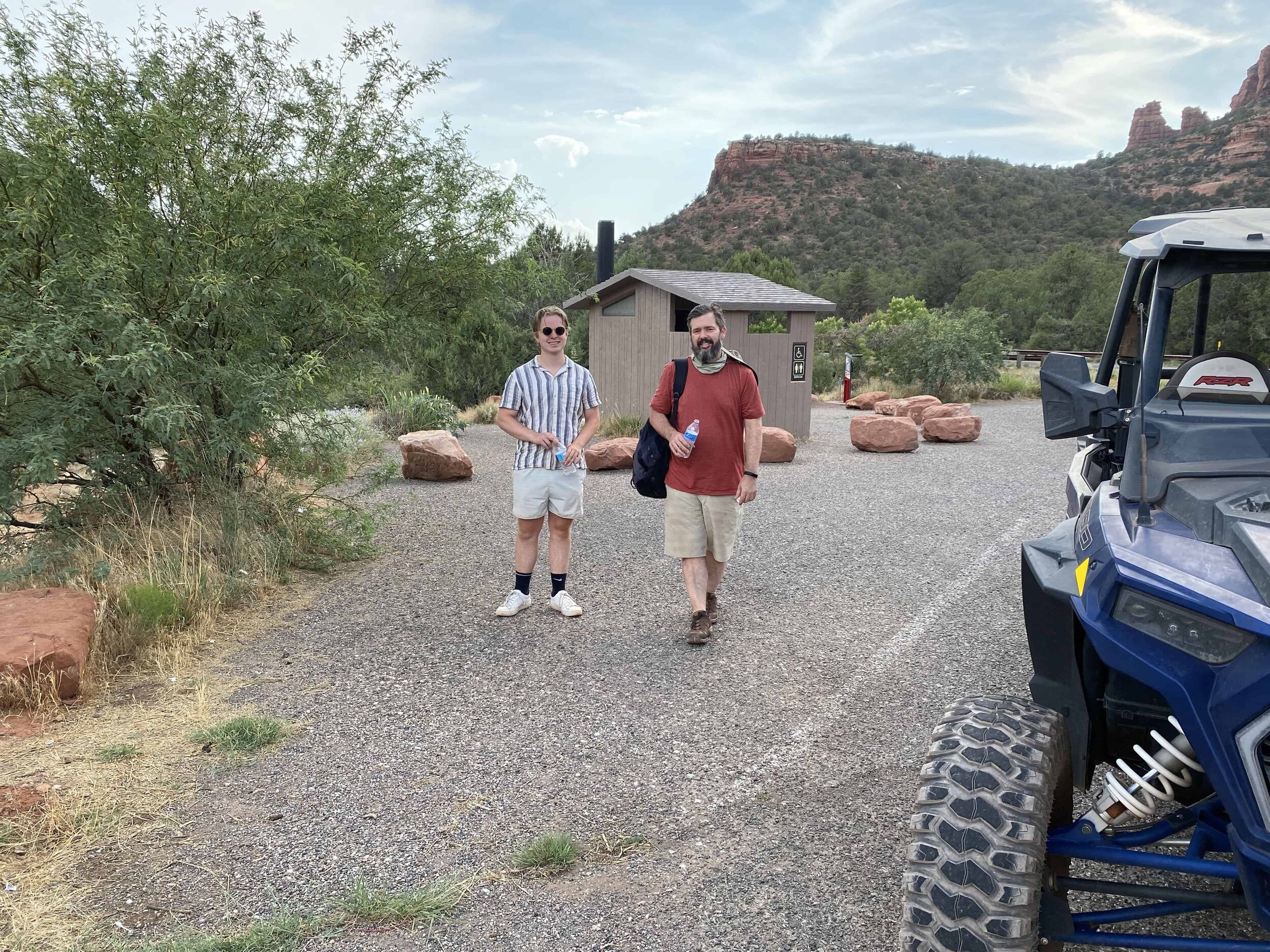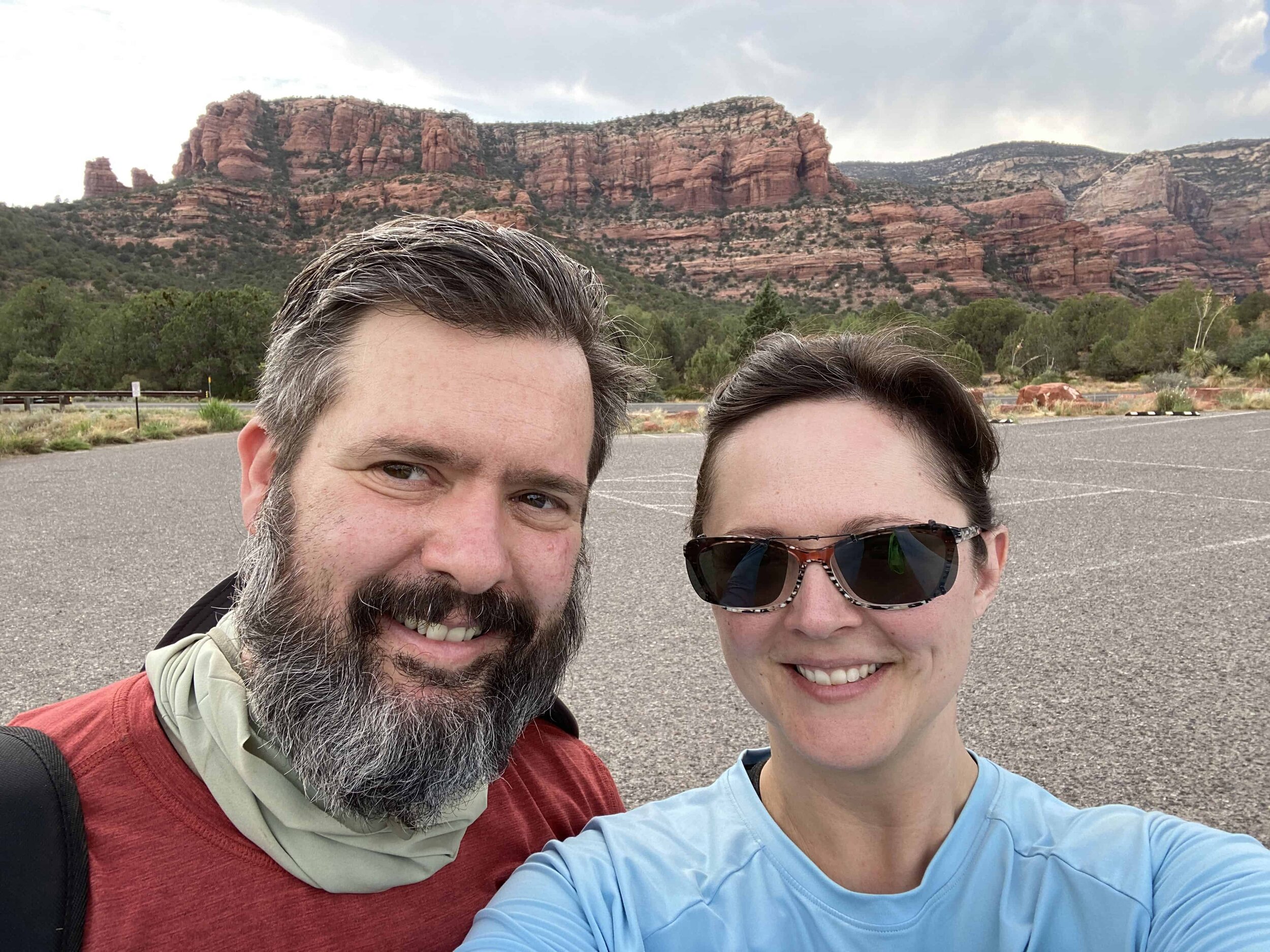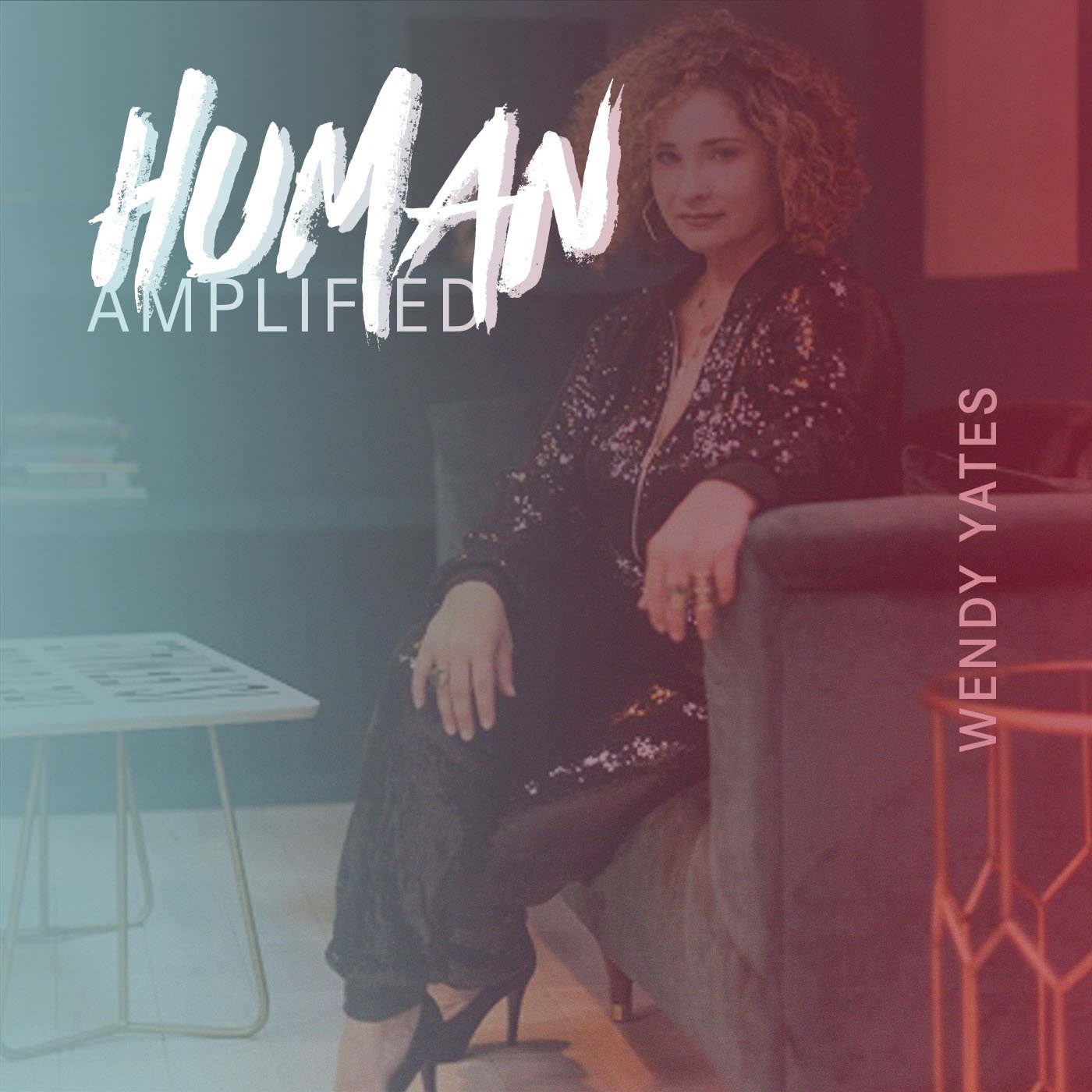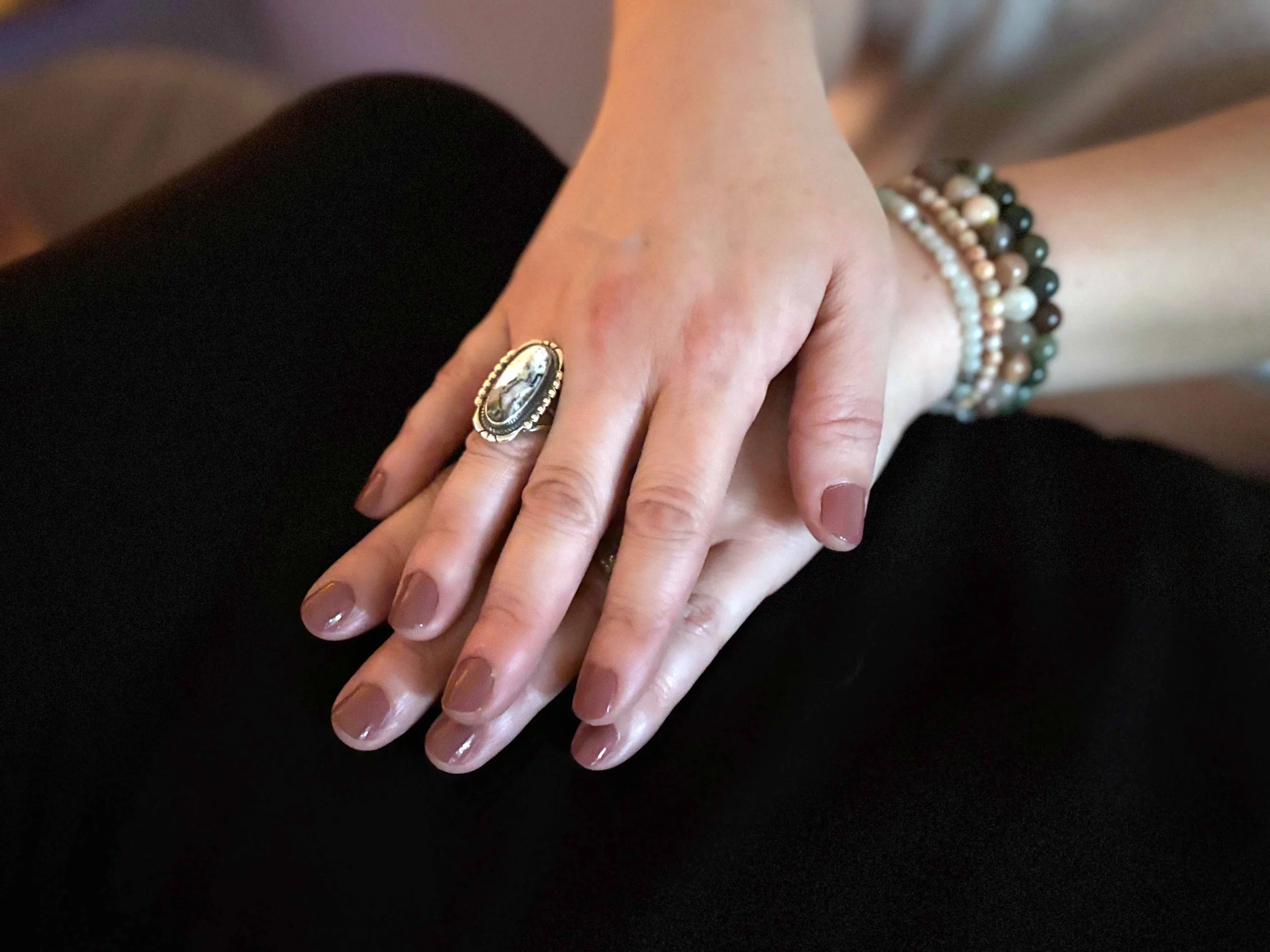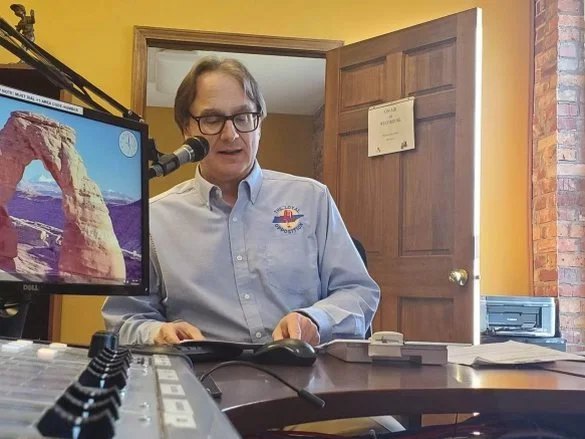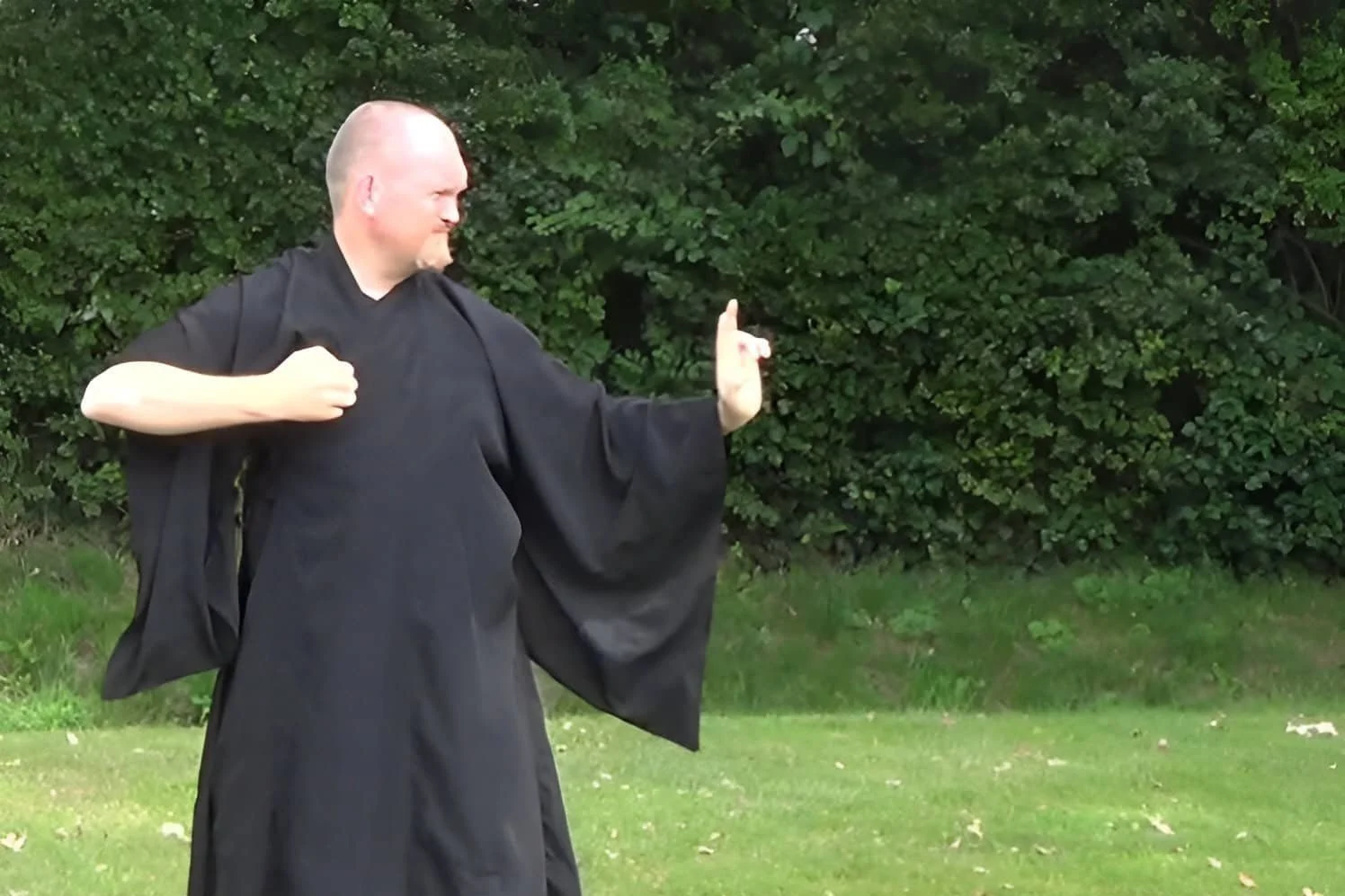Self Expression is Better than Pizza
By Ryan Sauls, Guest Writer
This is a personal story about learning to appreciate self-expression in all it’s forms — you don’t have to be great at something creative to get your story out, embrace it, and still have fun while you’re doing it. Read on for inspiration to get started.
When I was 14 years old, a couple weeks shy of the end of my freshman year of high school, I landed myself in the ER by flying off the front of a 4-wheeler.
On a Saturday afternoon ride around the woods near Defuniak Springs, FL, I had badly dislocated my elbow and scraped up most of the left side of my face. Luckily I wasn’t going very fast, or it really could have been much worse, but I looked pretty rough when I showed up to school on Monday in a cast and sling.
I was a dedicated band geek, though, and nothing was going to keep me from participating in the end-of-year spring concert, to be held just a few days later.
The spring concert was the culmination of everything band-related during the year, with all the different areas of the band program on display - marching band, concert band, small groups, jazz band. I was involved in several of them, even as a freshman, including a brass quintet for which I was the only tuba player and with whom I had been rehearsing for weeks after school. Our band director, Mr. Knight, had us wear the Pace High Patriot marching band uniforms for most every performance, and this was no exception, but I couldn’t get my left arm, in its cast, over my head, let alone through the arms of a jacket.
So, there I was - seated in front of a gymnasium-full of my peers, parents, and siblings, face still mangled from my accident, arm in a sling, with my red, white, and blue soldiers’ jacket draped over my back and arm. I imagine I looked for all the world like a new Revolutionary War recruit not likely to make it back to camp that night. But band and music were my life, and I simply was not going to miss this concert, or let the other four players in that quintet down. So much diligent effort had gone into preparing for that performance.
It was a relief to be able to play in that concert, that spring, even in that condition.
By this time, at age 14 I had already gone full throttle into music. I found in music something I could understand and excel at and that was fun, just at the time my young careers in baseball and football were petering out. I had already been performing with my parents’ group at churches and most every Sunday at our own church. In those settings, I was encouraged to play just about whatever I wanted to and to try anything, and generally had audiences that were friendly listeners and a joy to play for.
School band was the first time I’d had any formal training, and in addition to learning the mechanics of the music, I was learning and developing another vital skill:
The enjoyment of something because it’s difficult, not in spite of the difficulty.
How the Guitar Helped My Recovery
In the days that followed the concert, my face looked a little less mangled, but I noticed that in my injured arm there was complete numbness, extending from my elbow, along the outside of my forearm and through to the ends of my ring and small fingers.
After another trip to the doctor, it was clear there was going to need to be some surgery to shore things up in the elbow and resolve whatever nerve issue was causing my lack of feeling. After that, a long summer’s worth of recovery was in store, including, later, some really uncomfortable physical therapy.
Summer wore on, and I spent a couple of weeks barely moving from the couch most days, trying to find some way to be comfortable with my sutured arm in a cast and counting the days until it came off. The doctor had told us nerve damage heals slowly, about a millimeter per week, and that it would take quite a while for the feeling to come back completely.
When the cast finally came off, my arm was very weak, and half numb, and I still had weeks left before band practice started up again. Physical therapy sessions got underway, and I probably don’t need to explain how restoring range of motion to an immobilized, repaired elbow wasn’t very pleasant.
Without really intending to, but because it was the thing I was wired to do, I used the guitar to assist and experience my recovery.
With two fingers numb, it was extremely difficult to find the right strings and frets all the time, and it was initially quite painful just to extend my left arm down the neck of the guitar. But, over time, I could gradually reach and feel a little more, first in the ring finger, then finally in more and more of my pinky. It was really strange to feel the strings biting into three fingers, and have no feeling at all in the fourth, but playing music kept my mind off the discomfort, helped me stay positive and focused on the small improvements, and generally made a terrible summer break bearable for me.
How Self-Expression Exposes Wounds (And that’s okay)
In the years since, I’ve come to appreciate the power music and other forms of expression have to heal in other less tangible, but no less literal ways.
Related: The Healing Power of Telling Your Story
The image of a “troubled musician” or “tortured artist” is beyond cliche these days. In some sense, mental illness and addiction disorders often seem endemic to musical communities, or even to creative communities in general.
I don’t know for a fact if these life complications exist in these communities more than in the rest of the world, generally. But, the music (or the art, or the writing, or the acting) gives voice to an experience and a pain that many, many people simply endure alone and in silence, because they don’t feel like they have an accessible outlet for it.
Maybe artists aren’t more likely to have mental illness, but we come to know about them more easily because they’ve found a way to be open about their experience of it.
I kept at the music after that summer, of course, getting more and more serious about it over time, and eventually trying to make it into a career.
See Also: My Improvised Life — Ryan’s music career story
I was lucky to experience a handful of what, to me, were really profound moments of joy in the moment of making these sounds happen alongside friends and sharing them with other people and bringing them joy, too. These experiences could be very intense, lightning-in-a-bottle type outbursts that would leave you to think “how are we ever going to top that?”
In time, though, what I learned is: you can’t. But also, this: you don’t need to.
Inspiration to Start Putting Your Story inTo the World
As Brandi will attest, a key component of my personal philosophy can be stated as “any bad pizza is probably still pretty good pizza”.
I definitely have my favorite go-to pizza places, and have had pizzeria variations on those incredible musical experiences a few times. But I love cheap takeout pizza as well, frozen pizza, even, and also the new health-friendly variety we make at home with a pita for a crust. I’m sure it’s possible to make pizza I wouldn’t eat and enjoy, but I swear I haven’t found it yet. It’s not all mind-bendingly amazing pizza, but it’s always good.
I believe the joy of self-expression is probably even better than pizza!
So much better that I think the way I would say it is “any way for you to express yourself is definitely a great way to express yourself.”
It’s been many years since I’ve tried to make any money on my musical endeavors, and it’s rare these days that I get to look for those lightning moments. But I still play almost every day, even if just for a few minutes.
I can play a few chords on my guitar, or bang on the drums for a while, and nobody ever needs to hear it (mercifully, when it comes to the drums!)
Over the years I’ve started writing songs — definitely a separate skill from playing the guitar! -- that I’ve only ever sung for a few people, or even just for myself.
I have the memories of the high-on-the-mountain moments, which I cherish, but it’s the daily practice and small joys of my musical life that have helped me get through so many tough times. I’ve found I don’t need it to be “great” for it to be a huge help and refuge in my life.
This is a short clip of Ryan and his oldest son rehearsing for a virtual benefit concert in 2020 to raise money for neuroendocrine cancer research. Related: Episode 043: Living with Rarely Uncommon Disease - Neuroendocrine Tumor (NET) Spotlight
I hope somebody that reads this will decide that today is the day to start the practice of putting their story in the world.
Everybody has the tools they need to start, whether it’s singing, writing, drawing, whatever. The most important thing, no matter which thing you want to be your thing, is to learn not to judge it.
There’s an ego component in all of us that probably wants to “be good” at the thing we choose, to “master” it. I promise, though — you don’t have to be great, or even good at it, to love doing it. And to love doing it is the thing that makes it worth doing, a little bit every day, and it’s all you really need to start feeling a little better.
Eventually, when you can really and truly learn to enjoy being “bad pizza”, you’re not going to want to stop. When you learn to love doing your thing because you’re not good at it yet, because it’s hard, there is a capacity to literally never stop enjoying it, and the pleasure it can bring to your life is immeasurable.
Playing the guitar helped me appreciate the feelings in my fingers and experience the healing in my body in a very concrete way. I think about that every time I pick up my instrument, and every time that appreciation comes right back.
I can be grateful for the experience every time I do it, whether I’m by myself or in front of a crowd, and it helps to heal me all over again.
Side Note: Ryan Got Back on an ATV this Summer in Arizona!
About the Author
Ryan is the Human Amplified sound engineer. When he’s not editing podcast episodes or writing original music for our show, you can find Ryan playing guitar or bass, sometimes on a stage in Nashville.
If he’s not playing, he’s reading, developing software at his day job, drinking a craft IPA, or wishing he was at a music festival.





